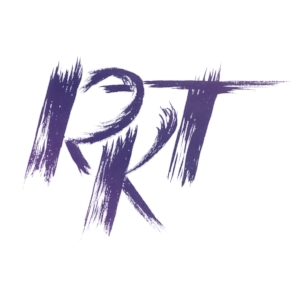The importance of accurate legal translation
Legal translation is the process of converting legal documents and texts from one language into another, ensuring that the translated version accurately reflects the content, meaning, and nuances of the original. This type of translation is crucial because legal documents are foundational to upholding the rule of law, facilitating international business, and protecting individual rights across borders.
Legal translation poses unique challenges due to the complexity of legal language, the need for precision, and the potential for significant consequences if inaccuracies occur. Legal terms often have no direct equivalent in other languages, and legal concepts can vary greatly between jurisdictions, making the translator's job both critical and demanding.
The Consequences of Inaccurate Legal Translations
Inaccurate translations can lead to misunderstandings that result in legal disputes or the misapplication of laws. This can have serious implications for businesses and individuals involved, potentially leading to legal action or the nullification of agreements.
Errors in legal translation can cause financial losses due to litigation costs, penalties, or the invalidation of contracts. The financial stability of a business can be jeopardized by a single translation mistake in a critical legal document.
When legal documents are poorly translated, it can damage the reputation of the entities involved and erode trust among parties. This is particularly detrimental in industries where credibility is paramount.
Key Aspects of Accurate Legal Translation
Accurate legal translation requires a deep understanding of the legal systems and specific terminology used in the source and target languages. Translators must be familiar with the legal concepts and practices of both jurisdictions to ensure fidelity to the original text.
Cultural competence and the ability to localize content are essential in legal translation. Translators must be able to navigate cultural nuances and adapt legal content to the target audience while maintaining the document's legal integrity.
Legal translators should have professional qualifications and expertise in the legal field. This includes formal education, certifications, and practical experience that enable them to handle the intricacies of legal language and concepts accurately.
Best Practices for Ensuring Accurate Legal Translations
Working with certified legal translators who have been vetted for their skills and knowledge is one of the best ways to ensure accuracy. Certification provides assurance that the translator is competent and adheres to industry standards.
Translation memory tools and glossaries help maintain consistency across multiple documents and projects. They are invaluable resources for legal translators, ensuring that terminology is used consistently and appropriately.
Implementing rigorous quality assurance processes, including proofreading, editing, and cross-referencing, is critical to delivering accurate legal translations. These processes help to identify and correct potential errors before the final document is delivered.
The Role of Technology in Legal Translation
Advancements in translation software and artificial intelligence have transformed the field of legal translation. These technologies can assist human translators in achieving greater accuracy and efficiency, though they cannot replace the nuanced understanding of a skilled professional.
With the increasing use of digital tools in legal translation, maintaining security and confidentiality is paramount. Translators and translation companies must employ robust security measures to protect sensitive legal information.






Kommentaarid (0)